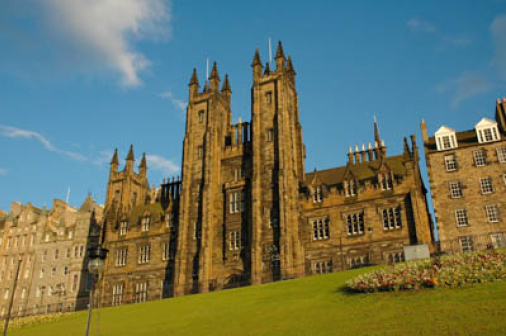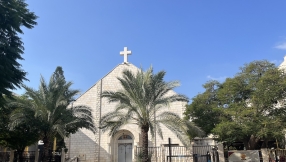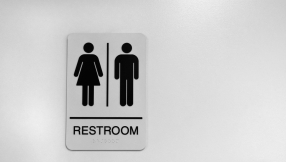
The Church of Scotland has said it will continue to focus on being a force for good in communities after last week's Social Attitudes survey revealed the scale of the challenge on its hands.
The survey found a sharp downturn in the number of people saying they belong to the Church of Scotland, from 32% in 2002 to 18% in 2017.
At the same time, the percentage of people in Scotland saying they have no religion grew to 56% in 2017.
Worryingly, the survey found that only four per cent of 18-34 year olds identified with the Church of Scotland, down 10 per cent from 2002. Nearly three-quarters of 18-34 year olds (73%) said they had no religion.
Responding to the figures, a Church of Scotland spokesperson told The Herald newspaper that it remained committed to its calling to be a Christian presence.
'Our view is that we endeavour to be a Christian presence in communities and a force for good and we will continue to focus on that,' said the spokesperson.
'Jesus called every Christian to be faithful to God and to make a positive difference in the world.
'Irrespective of the Church's popularity, that calling remains the same and is why today you still find Christians active at all levels of society.
'Whether we are many or we are few, the church will always seek to be a force for good in society.'
Former Moderator of the Free Church of Scotland, the Rev David Robertson, however, warned that the Church of Scotland risked 'disaster' if it continues on its path of liberalisation, after voting earlier this year to allow ministers to conduct same-sex marriage ceremonies.
Writing on his blog, The Wee Flea, Rev Robertson said: 'More of the same methods will results in more of the same results. Going along with the tide means that they will continue to be swept away by it.'
He continued: 'The C of S has largely become a social work organisation which just reflects the values of our culture. The bottom line is that the Church of Scotland is failing because it is no longer the Church.'
The Catholic Church in Scotland has fared slightly better, with the percentage of people identifying as Catholic falling slightly from 13% in 2002 to 12% in 2017.
The Catholic Church, however, expressed concern at the overall picture in Scotland, with a spokesperson for the Church telling The Herald, 'While it is reassuring to see Catholic figures remaining relatively constant, the decline in other Christian churches is very concerning.
'An analysis of numbers however should not ignore the significant social capital the Christian church contributes to Scottish society.'
South of the border, the Church of England has seen a similar decline in the number of people belonging to it, from 31% in 2002 to just 14% in 2017. Similar to Scotland, over half of people in England (52%) say they do not have a religion, up from 41% in 2002.
Roger Harding, Head of Public Attitudes at the National Centre for Social Research, said: 'Our figures show an unrelenting decline in Church of England and Church of Scotland numbers. This is especially true for young people where less than 1 in 20 now belong to their established church. While the figures are starkest among younger people, in every age group the biggest single group are those identifying with no religion.
'We know from the British Social Attitudes survey that people's views are becoming more socially liberal on issues like same sex relationships and abortion. With growing numbers belonging to no religion, faith leaders will no doubt be considering how to better connect to a changing society.'













